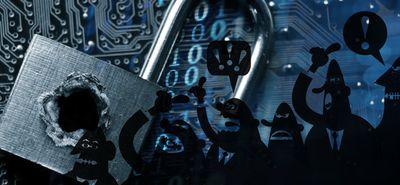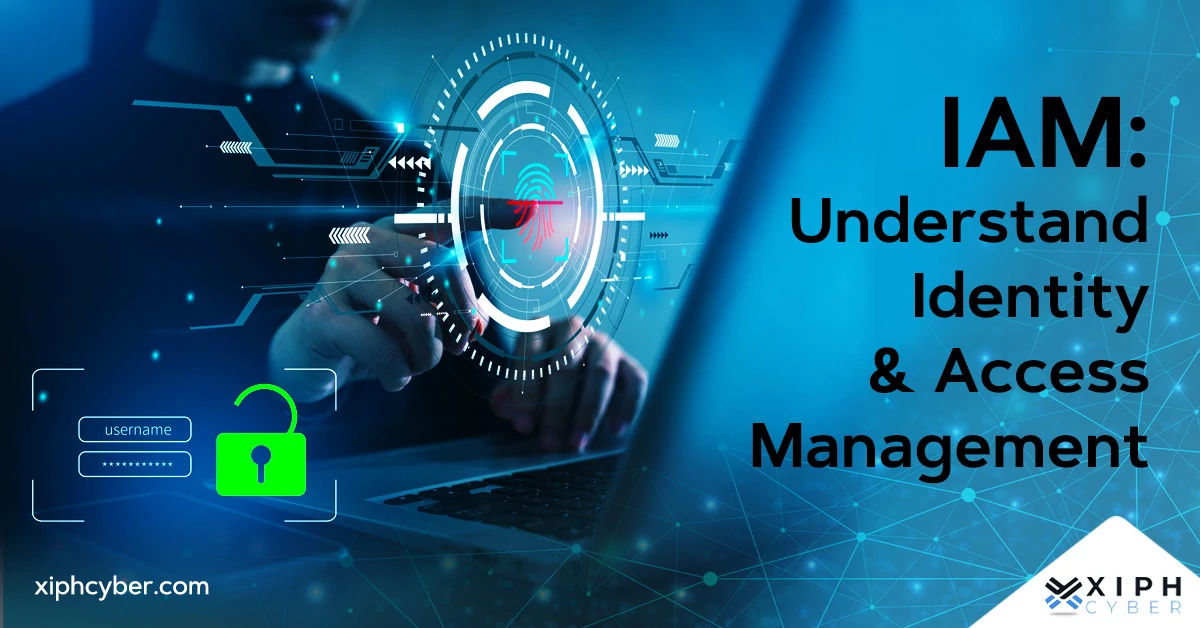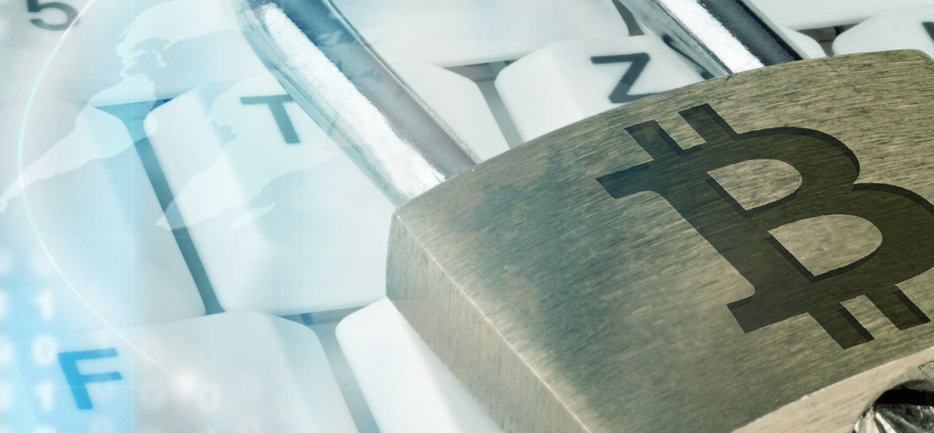Published Mar 07, 2018 by Xiph
“A new bill is making it’s way through the Australian government at the moment, and if passed into law it will have severe consequences” warns NordVPN.

“A new bill is making it’s way through the Australian government at the moment, and if passed into law it will have severe consequences” warns NordVPN.
This isn’t the first time a government has tried to put an end to encryption, stating that it facilitates illegal and terrorist activity. Using this as their default answer when questioned, however consumers see this as a direct attack on their privacy.
Home affairs minister Peter Dutton has waded into the global crypto debate. Mr Dutton told Australia’s National Press Club on the 21st of February that “ubiquitous encryption, a vital tool to all of us for secure personal banking and other communications including messaging, has become a significant obstacle to terrorism investigations.”
“Law enforcement access to encrypted communications should be on the same basis as telephone and other intercepts in which companies provide vital and willing assistance in response to court orders.”, Dutton said, Stating that “because decryption takes time, the industry needs to make data recovery as trivial as a phone tap”
NordVPN (a Virtual Private Network service provider) considers this new bill a major threat to security and privacy. This new bill looks to be based on the UK’s investigatory powers act of 2016, known globally as the world most invasive anti-privacy law in the western world.
As part of the proposal, Australian government agencies would be able to collect communications data in bulk. Applying to both internet and phone, providing the produce a warrant first.
In an ironic twist Mr Dutton later returned to IT topics in his speech, promising that his department will help keep Australians safe from cyber threats, because “criminal are mounting sophisticated and discreet attacks employing ransom-ware, credential harvesting and social engineering against us”
“The public’s access to and dependence upon cyberspace has become almost akin to its access to other services such as the supply of water and, like the public expectation of water supply, they will soon expect their access to the online world to be clean and free from bugs and threats, in particular in relation to the online safety of their children”.
Posted in: Security


